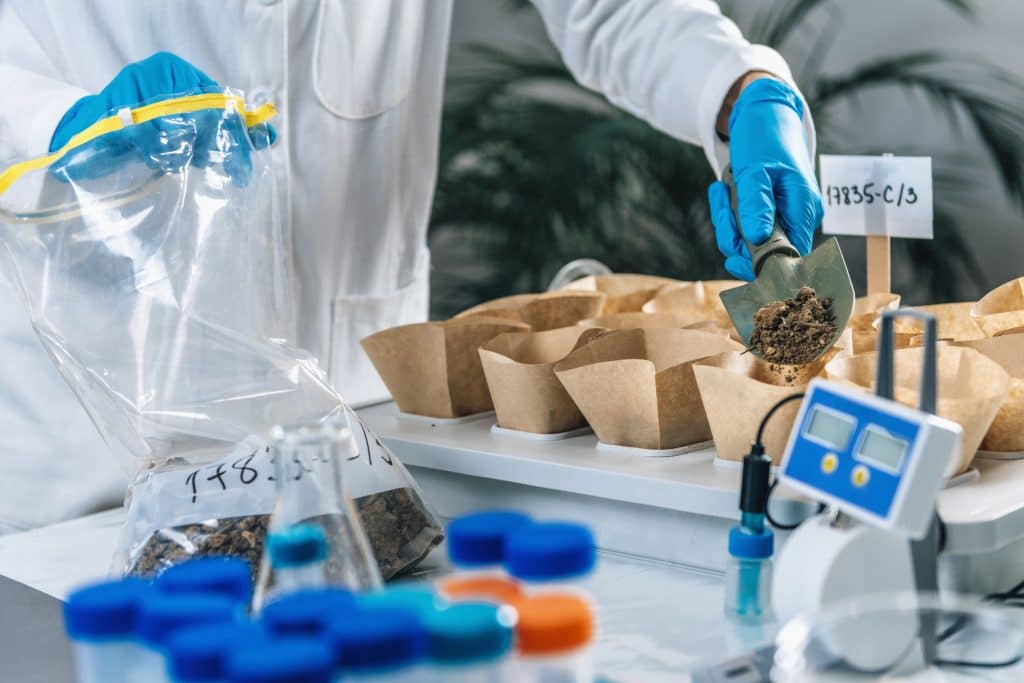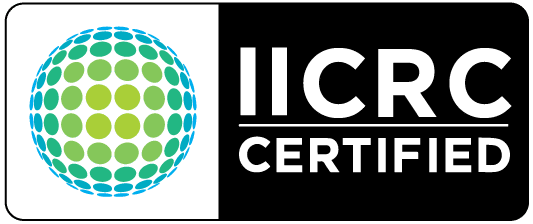Many New Jersey residents have been asking about licensed site remediation professionals lately. What are they? What is their role in environmental cleanup projects? Why would you need an LSRP? And which company should you trust for reliable LSRP services?
Let Meridian help clear up some of the confusion around this important figure and the role that it plays in site remediation work in New Jersey.
What Are Licensed Site Remediation Professionals?
A licensed site remediation professional, or LSRPs, is accredited by the New Jersey Licensed Site Remediation Professional Association (LSRPA) to manage environmental investigations and remedial projects within the state. These professionals work for private companies and are hired by responsible parties in New Jersey. They ensure that all the rules and regulations related to environmental remediation are followed appropriately. Plus, LSRPs can act as liaisons with the New Jersey Department of Environmental Protection (NJDEP) to help speed up the remediation process.
What Is the Role of LSRPs in Environmental Remediation Projects?
In 2009, with the signing of the state Site Remediation Reform Act (SRRA), New Jersey created what is called the Site Remediation Program. This program represents a big shift; it made the oversight of environmental cleanup projects the responsibility of private companies, rather than the responsibility of the NJDEP. The SRRA is the law requiring a New Jersey licensed site remediation professional to oversee the remediation process for contaminated properties.
The SRRA has laid out a Code of Ethics with 26 key points that bind LSRP in their professional duties. Here are some highlights of their obligations and responsibilities:
- Protect the health and safety of the and environment above all else.
- Be careful and diligent when and applying knowledge and skills when providing commercial environmental assessments and services.
- Only provide professional services within the area of professional competency.
- Notify the department within 15 days of being hired to conduct remediation services.
- Notify the department if there are immediate environmental concerns at a contaminated site.
- Notify the department of any known discharges at a contaminated site.
- Ensure that the remedial action work plan is followed properly.
LSRPs are hired by responsible parties to manage the site remediation process and ensure that all the relative regulations set by the state of New Jersey are followed. They also work to make sure that project goals are met on time. The site remediation process often includes an investigation and necessary cleanup work.
Once all of the needed site remediation requirements are met, the LSRP completes a “Response Action Outcome” (RAO) letter which effectively substitutes the “No Further Action” (NFA) letter from the NJDEP to close cases. In some instances, institutional or engineering monitoring activities are required as part of the remediation process to ensure the site is safe for public health and the environment. In these cases, the LSRP will provide continual support for these monitoring activities along with limited restricted use or restricted use RAO letter depending upon the levels of contamination remaining on site. If no ongoing monitoring is required, and the remediation standards were met, the LSRP will issue an unrestricted use RAO. At this point, the LSRP’s role is complete.
One of the main advantages of relying on an experienced LSRP is expediting the process and reducing the overall time needed to close the case.
What Credentials Do LSRPs Need to Have in New Jersey?
LSRPs are accredited by the New Jersey Site Remediation Professional Licensing Board. This state board is made up of 13 members who review the performance of site remediation professionals and issue licenses to those who apply for and meet the requirements.
Licensed site remediation professionals must be a third party involved in the project. He or she cannot be an employee of the person responsible for performing the remediation nor have an ownership interest which would interfere with the responsibilities outlined.
Why Should You Hire Meridian Environmental for LSRP Services?
For reliable licensed site remediation services in New Jersey, trust Meridian. Our staff LSRPs have the skills needed to oversee all the environmental activities that your commercial or industrial site may need, including:
- Underground storage tank (UST) removal,
- Commercial environmental assessment,
- Brownfield redevelopment,
- Real estate due diligence,
- Remediation services: Phase I, Phase II, soil and groundwater remediation.
Meridian staff is fully up to date on related federal, state and local environmental rules and regulations. Plus, they have 10 years of experience in project management, environmental site assessments, hazardous waste site investigations and remedial program implementation oversight for commercial, industrial and residential projects.
Meridian’s Site Remediation Process
In the initial phases of site remediation our LSRP oversees two key activities.
In the first phase, Meridian LSRPs work to identify any Recognized Environmental Conditions (RECs) on the property. RECs indicate the presence of hazardous materials that were caused by a discharge. The release of hazardous materials could have happened in the past, may be ongoing or may be a current threat to the property’s soil, groundwater or surface water.
In the second phase, Meridian LSRPs test all of the RECs and areas of concern (AOCs). We use ground penetrating testing methods, land surveying and magnetometer scanning to identify the presence of underground storage tanks.
Meridian LSRPs will quickly assess the situation and provide you with all the technical information required to move forward with your property.
Meridian’s LSRP Experience
We have assisted a range of different clients with meeting the remediation requirements defined by SRRA. In the past, our clients have included the federal government, local New Jersey townships, major oil dealers, large automotive companies, banks, engineers, consultants, developers and residential homeowners, among others. Meridian’s LSRPs have worked on hundreds of environmental projects where responsibilities include Phase I, II and III site assessments and/or remediation.
Our LSRPs have identified hazardous materials including:
Petroleum products,
Chlorinated solvent,
Historic fill,
Pesticides, and
Trust Meridian Environmental because we have the management experience to ensure the process goes smoothly and is completed on time. Contact us today for a free quote.




